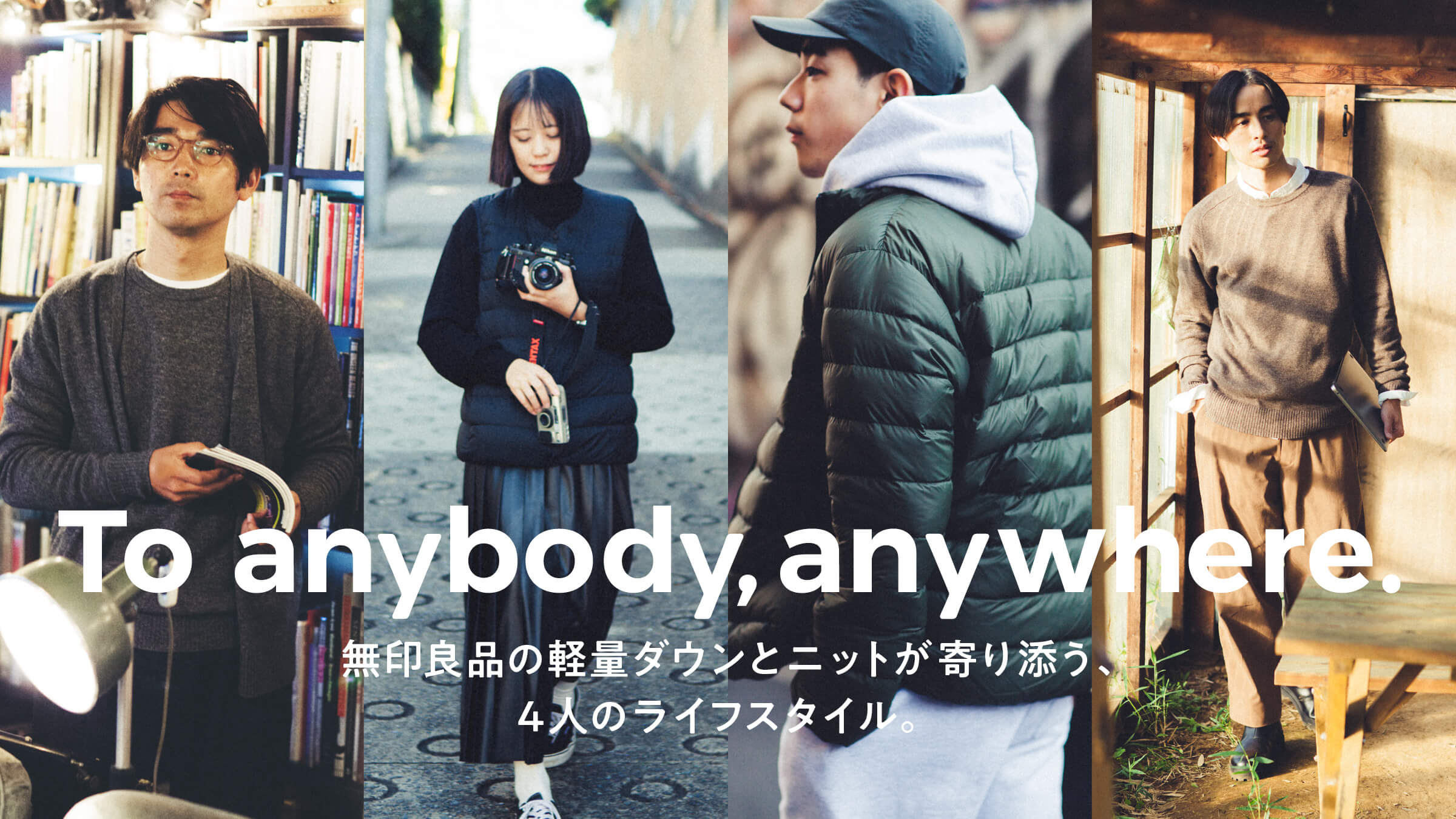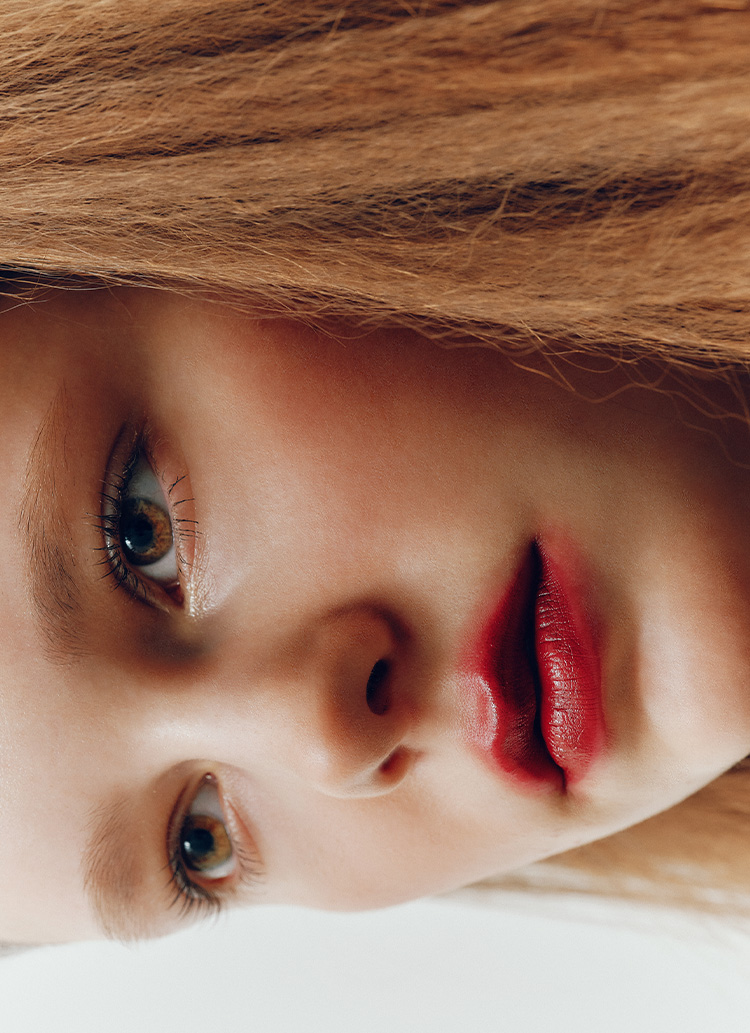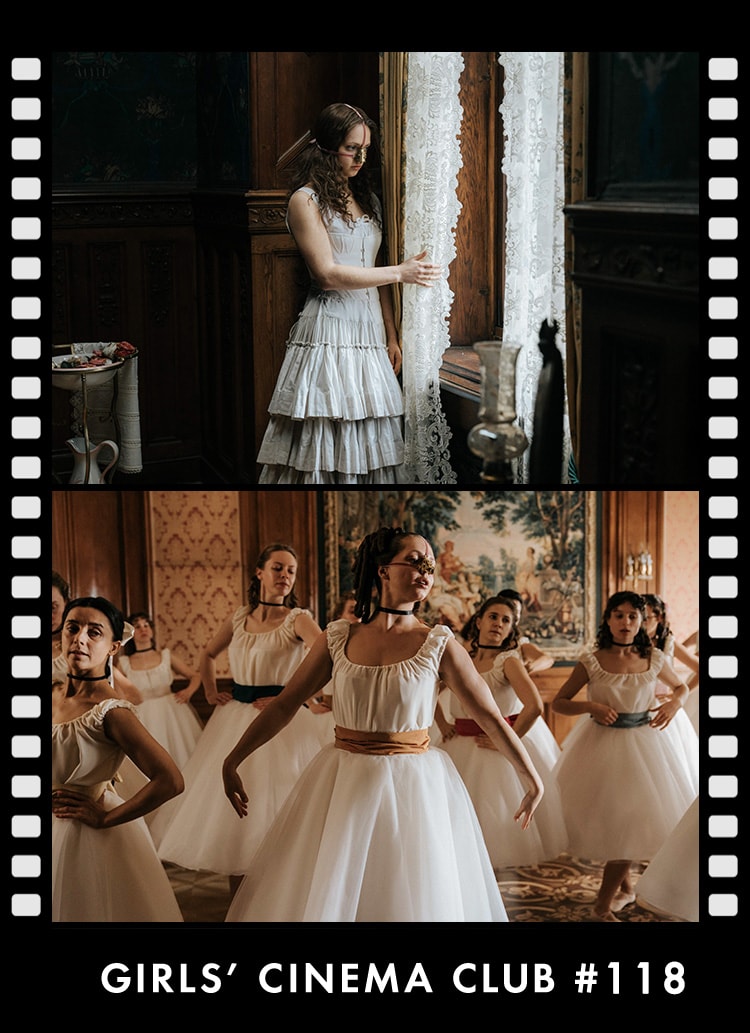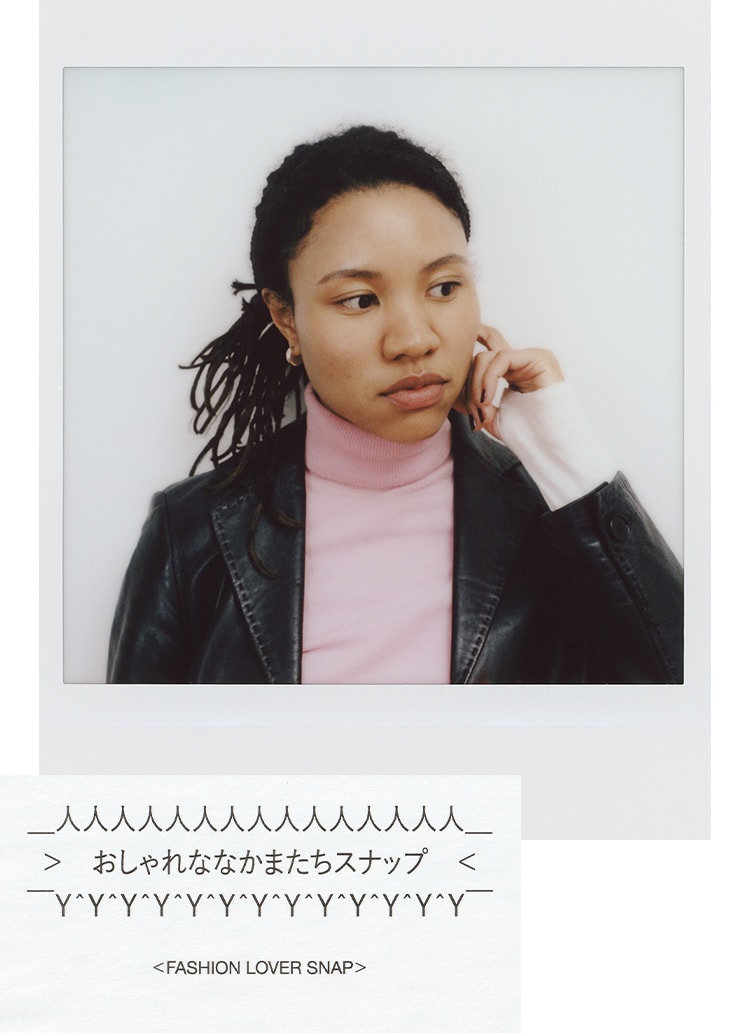01 Bookstore owners, space creation and philosophy.
PROFILE

After working as a freelance graphic designer, he opened the bookstore "SNOW SHOVELING" in Komazawa in 2012. Calling itself an "encounter bookstore," it offers wonderful encounters not only with people, but also with things and books. The name of the bookstore comes from Haruki Murakami's "Cultural Snow Shoveling.
instagram@snow_shoveling
PROFILE

After working as a freelance graphic designer, he opened the bookstore "SNOW SHOVELING" in Komazawa in 2012. Calling itself an "encounter bookstore," it offers wonderful encounters not only with people, but also with things and books. The name of the bookstore comes from Haruki Murakami's "Cultural Snow Shoveling.
instagram@snow_shoveling
We want to offer Little Happiness.

The space of this store, "Snow Shoving Books & Dialogue," is relaxing to stay in, thanks to the perfect amount of light and the sofas that you can sit on freely.
Nakamura: . I consciously avoid making it look like a store. I wanted to eliminate pop-ups and decorations as much as possible, and I designed the space to feel as if I were looking at a bookshelf in someone's home. Even now, I keep adding accessories as I think of them, and it's a fun process of trial and error.
. It's true that the shelves are organized by genre, but there are almost no explanations of the books.
Nakamura: I don't dare to give an answer from here. If I give an answer by explaining what the book is about, it will have an immediate effect, but it will be boring for those who really like interesting things. To put it bluntly, this is the antithesis of the "simplicity of understanding" that is so prevalent in today's world. Nowadays, we tend to stop thinking immediately, and I hope to do something to turn that around.
Do you have any hints about how to get away from that kind of clarity in your books?
Nakamura: Nowadays, we are in an age where people want answers right away. . Some people end up searching for the synopsis of a book. I often compare reading to climbing a mountain. To actually turn the page and read the book is to climb the mountain on one's own feet. To reach the summit, you can do it either by cable car or by your own feet, but you should know that the two are different. Walking is fun, and that there are views you can see only because you walk.

Yak-blend wool crew neck sweater ¥3,990 in TAX, ,Yak-blend wool cardigan ¥5,990 in TAXOther personal effects of the stylist
Nakamura-san, do you continue to change your store through trial and error because you enjoy what you can't get easily?
Nakamura: Exactly . I don't place value in getting answers. I think the value is in the process of searching for the answer, and not in the information itself, but in the fact that I reached for it. What you search for on the Internet, you will forget tomorrow. . what you look up in a book or a dictionary will remain.
. It's fun to dig through a display of books when they are stacked in a heap, rather than just on a shelf.
Nakamura: . sometimes it's just that I don't have the time to get around to it (laughs). The theme here is about interesting encounters. Even the books lined up in my house, I want people to remember where they came across them and where they bought them. From now on, I believe that remembering will become a value. . For example, when I think of members to invite to dinner, I don't remember anyone specific enough to look at a phone book list on my phone and choose one. . I think it is important to be remembered and remembered by others.


What kind of clothes do you wear in your store?
Nakamura: . Basically, I wear clothes that are easy to move around in. Also, since there will be customers, I will wear something somewhat decent and try to play out my character as a bookstore owner properly (laughs). I want to live up to those expectations.
Do you wear something like wool?
Nakamura: I wear it more often in private than in the store because it gets dirty when I handle books . . When I am off duty, such as when I am at home or when I go out.
This sweater is blended with yak hair, and we use the "molt season," when winter hair is shed in preparation for summer, to secure raw materials without going against the flow of nature, so to speak.
Nakamura: I'm a bit of an innocent, and I prefer not to be too vocal about the SDGs or anything like that (laughs). (Laughs) I think it would be smart to just answer when asked. . When I asked you this time, I found that the product does not have animal welfare at the forefront of its appeal. I think Japanese people have always known the beauty of modesty, and I think it is good to "make people feel it" in advertisements and brand messages. I go to MUJI stores, and the visuals are consistent, not rushed.


Lightweight Pocketable Collarless Down Jacket ¥4,990 in TAXOther personal effects of the stylist
How about the down? It's 750 fill power down.
Nakamura: What is fill power?
The "bulkiness" is the amount of bulk per gram. . In other words, how fluffy it is. The higher the number, the warmer the down. Down with a fill power of around 700 is often used in outdoor down products.
Nakamura: I see . So it's light and warm on the street. I take this kind of down with me on trips, and this one has a packable storage bag sewn into the back of the pocket, so I don't have to lose it.
. I felt that the store's lack of malice, or rather comfort, is in keeping with the values offered by the MUJI brand.
Nakamura: I am an idealistic person, but I would like to offer a miracle...it would be an overstatement to say it, but I would like to offer little happiness in this store. I think it is very valuable to have something good happen in our daily lives. That is the role of people who are doing something on the street, and depending on how you talk to them and how you return their change, you can offend them as much as you want, or conversely, make them feel good about themselves.











